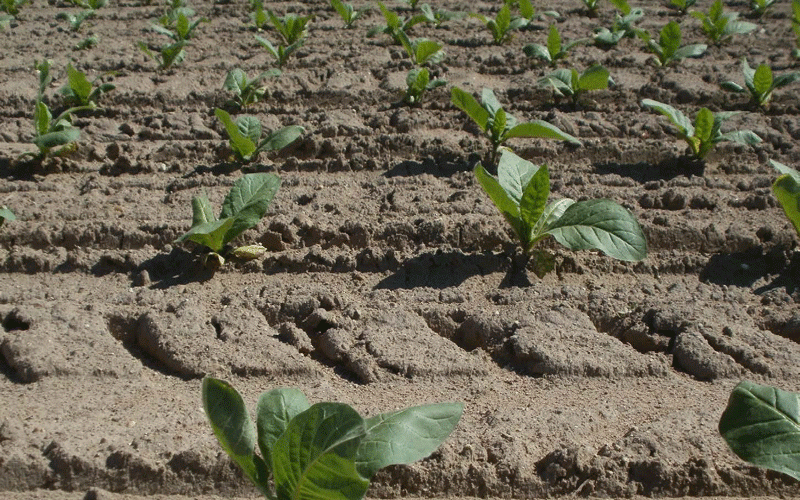
THE Zimbabwe Commercial Farmers Union (ZCFU) has demanded transparency in the distribution of the €400 million intended for gender equality, women’s empowerment, and climate-smart agriculture in Zimbabwe.
The European Union (EU) launched the €400 million facility in November last year with the goal of promoting gender equality and women’s empowerment as well as more environmentally friendly and climate-smartagriculture.
“The €400 million towards Zimbabwe’s gender equality, women empowerment and climate smart agriculture is a welcome development which excites farmers and farmers’ unions,” ZCFU president Shadreck Makombe told NewsDay Farming.
“However, we implore the EU to change their modus operandi when we juxtapose or contrast with the just-ended €60 million Zimbabwe agricultural growth programme to which there were some misgivings which we can allude to in that it was not a transparent programme in some areas.
“The intended beneficiaries did not benefit as expected. This was also vindicated by the European Union team which came to evaluate the Zimbabwe agricultural growth programme.”
The head of ZCFU said the EU team identified a number of grey areas in the distribution of the money.
“As a result, the current €400 million we want to believe should start on a good footing because what came first should come as a lesson to what needs to happen from now going forward.
“We, therefore, persuade the EU to transparently reach the intended beneficiaries and also not to continue giving the same recipients perpetually. The EU should cast its net wide to as many beneficiaries,” Makombe said.
- Mr President, you missed the opportunity to be the veritable voice of conscience
- ED to commission new-look border post
- Zanu PF ready for congress
- EU slams Zim over delayed reforms
Keep Reading
The campaign will see the EU, EU member States and Switzerland supporting Zimbabwe’s vision 2030 with over €400 million for the next two years.
Government efforts to “climate-proof” its agricultural sector are already ongoing through climate smart agricultural investments and policy actions for a more productive, resilient, greener, and low-emissions agricultural sector.
Commenting on the Belarus tractor scheme, Makombe said none of their members benefited from the programme.
“Individuals, as far as I am concerned, have not benefited from the Belarus tractors, but institutions. Some of the tractors have been distributed to the mechanisation department of the Agriculture ministry, District Development Fund.
“So as for individuals, not any member of the union has benefited because from the knowledge I have, they (tractors) are not going to individuals as of now. Probably some which might come. These ones have been going to institutions,” he said.
In 2018, President Emmerson Mnangagwa enlisted the help of his Belarusian counterpart, President Alexander Lukashenko, to boost the southern African nation’s farm mechanisation programme.
In August last year, Lands and Agriculture minister Anxious Masuka informed farmers that 1 337 tractors would be given as part of the Belarus programme.






